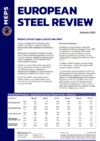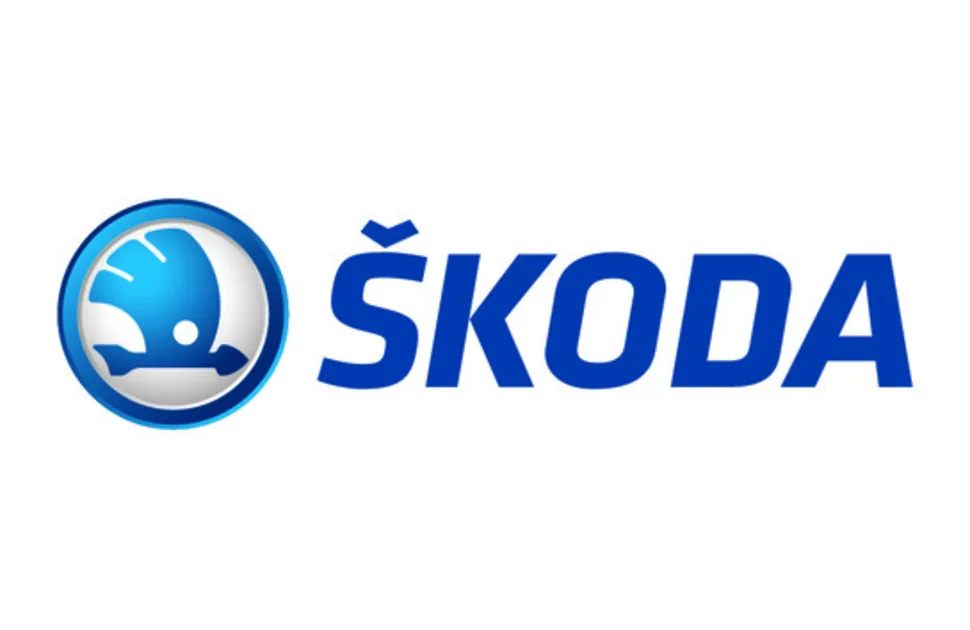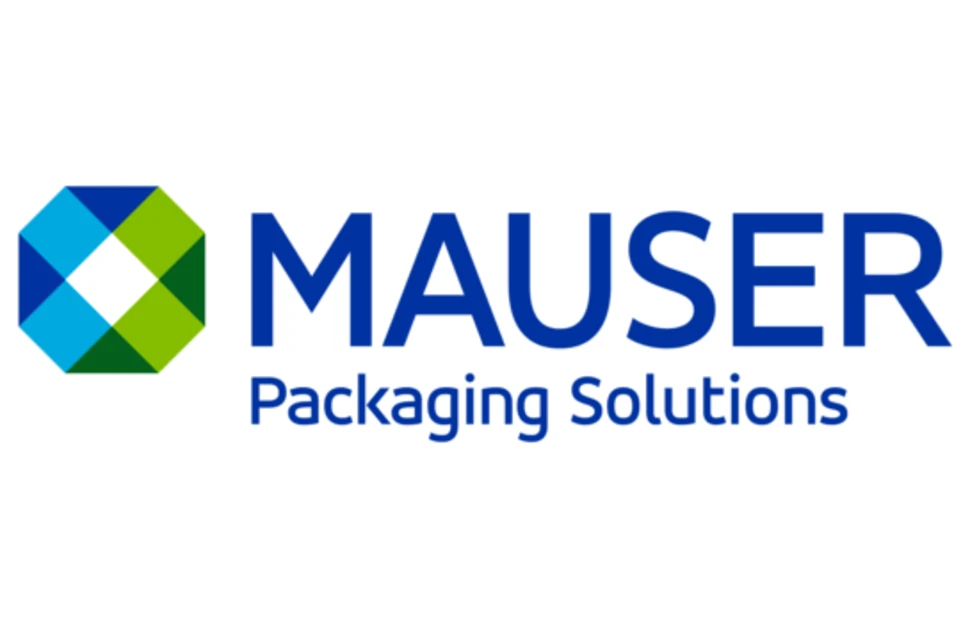UK Secretary of State tightens steel import safeguards
The UK’s steel import safeguard measures have been tightened beyond earlier proposals made by the country’s Trade Remedies Authority (TRA), following intervention from the Secretary of State.
Under new regulations, implemented from tomorrow (July 1), 15% caps will be applied to individual countries’ use of the quarterly import quota for Category 4 (metallic coated sheet), with a 20% cap applied to Category 7 (non-alloy and other alloy quarto plates) and Category 13 (rebar). The TRA had recommended 40% caps on each of these categories.
Secretary of State Jonathan Reynolds also decided to reduce the volume by which the tariff-rate quotas for each of the UK’s 14 product categories was due to be liberalised, from July 1, to 0.1% (instead of 3%).
In a further tightening of the country’s safeguard measures, a statement issued by the UK government today said that it will:
- Prevent any unused quarterly quotas from being made available in the following quarter.
- Prevent WTO members with a country-specific quota from accessing the residual quota in the final quarter of the safeguard year (April 1 to June 30, 2026).
- Update the country’s “developing country” exemptions based on UK import data for the period January 1, 2024, to December 31, 2024, and in line with the WTO Agreement on Safeguards.
MEPS steel market analyst Jon Carruthers-Green said: “Domestic steelmakers will welcome today’s announcement as a clear signal of government support for the UK steel industry. However, the measures go beyond the initial recommendations, particularly the introduction of a 15% cap on country-level tariff-rate quota for metallic coated sheet, and 20% on hot rolled plate and rebar.
“Importers are likely to be disappointed, especially as the cap is lower than anticipated and affects products where UK production is limited. In the case of metallic coated sheet and hot rolled plate, domestic output relies on rerolling imported feedstock, making the cap especially restrictive for UK-based consumers and processors.”
In announcing its decision, the UK government said that the tightening of its steel import safeguard measures was necessary to ensure their overall effectiveness for domestic producers while balancing the need for security of supply for the UK market in line with traditional trade flows.
UK Steel director general, Gareth Stace, said that the Secretary of State’s decision was “crucial” to diminishing the injury caused to domestic steelmakers by steel that is redirected away from the US market after President Trump’s steel import tariffs increase.
The UK government is currently engaging in negotiations with the United States government as part of efforts to improve its steel sector’s access to the US market. While most countries remain subject to the US’s 50% Section 232 import tariffs, UK exports currently face a 25% tariff. However, hopes remain that the rate could be reduced further.
MEPS research for the June edition of its European Steel Review found that UK steel prices had declined amid a continued downturn in demand. Most market participants said that the market had failed to pick up following the national holidays of late April and May.
Despite the UK’s imposition of 15 antidumping and 2 anti-subsidy measures on imports from seven individual countries, and its existing safeguard measure on steel imports, low-cost imports continue to create oversupply in certain market segments.
As in the EU, the UK steel industry’s current import safeguard measures are due to expire at the end of June 2026. Consultation on the future of the trade defence mechanism was opened up to industry stakeholders this week. Evidence can be submitted via an online survey.
Stace said: “We now need to back the tightened safeguards up with the comprehensive new trade defence mechanism replacing the current system when it ends next year.
“Implementing the new mechanism in January 2026 will help to develop the positive business environment our country craves and encourage private investors to enter the sector, ensuring we not only survive but thrive.”

Source:
European Steel Review
The MEPS European Steel Review is an informative, concise and easy-to-use monthly publication, offering unique professional insight into European carbon steel prices.
Go to productRequest a free publication





